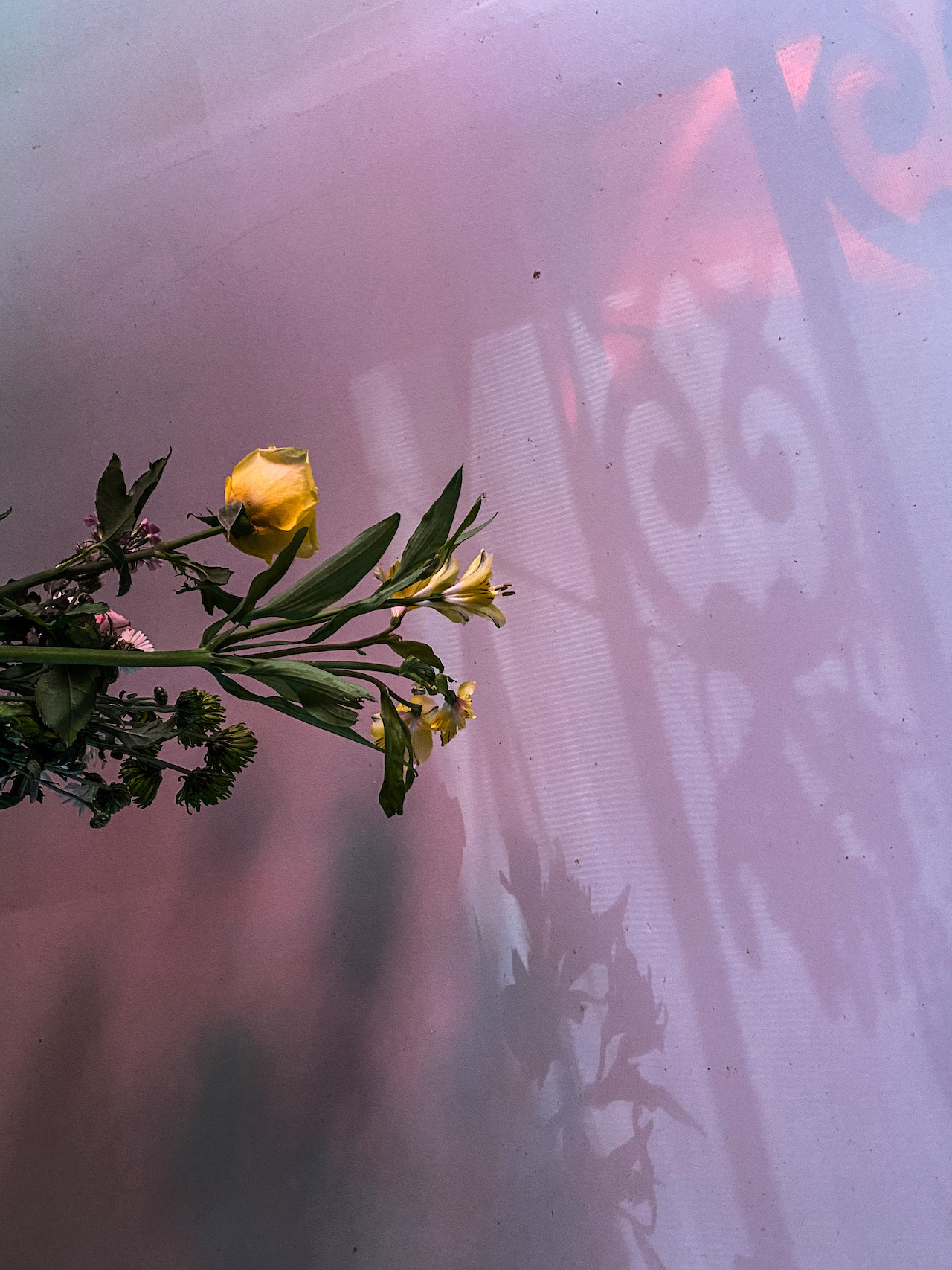COVID Diaries: Be Prepared for What Comes After
In the fourth installment of “COVID Diaries: Stories of Resilience,” five documentary photographers created art that illustrates this week’s assignment: “A Better Normal.”
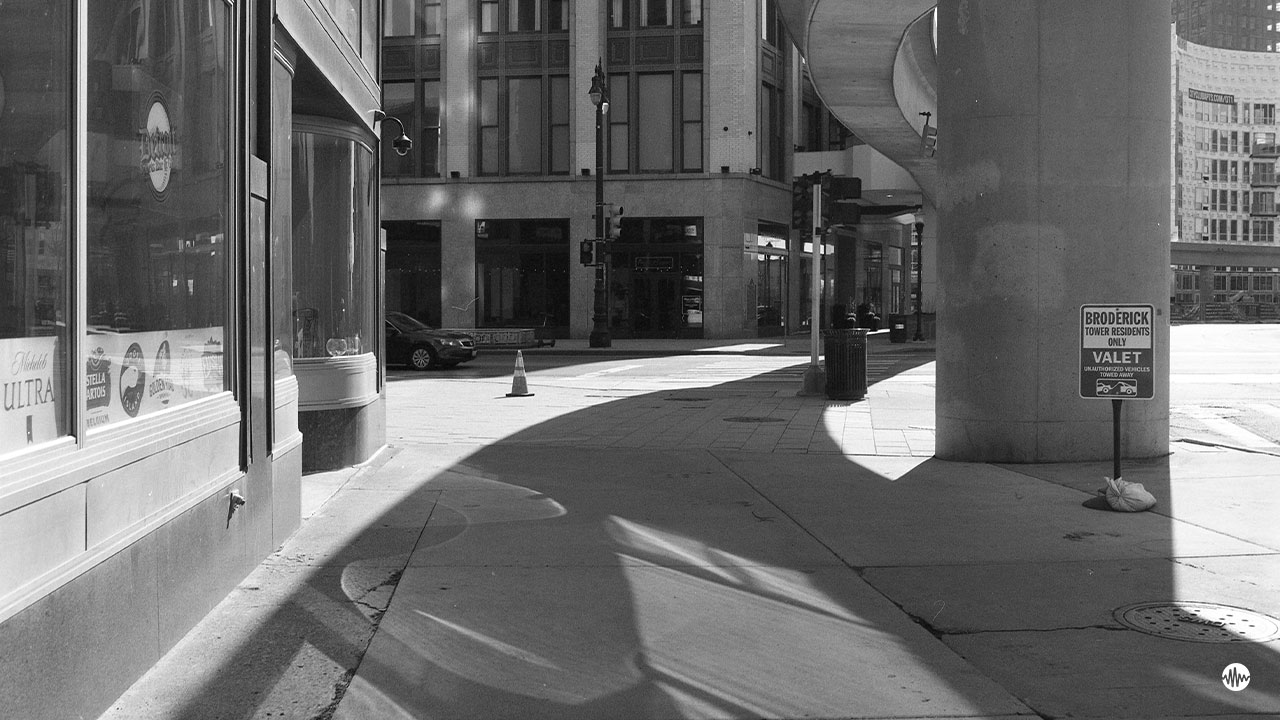
101.9 WDET presents “COVID Diaries: Stories of Resilience.”
Through WDET’s StoryMakers and in partnership with Documenting Detroit, we’ve commissioned five documentary photographers to create a multimedia introspective that taps into our shared experience of the novel coronavirus. Over six weeks, the artists will create work under a given assignment.
Experience the first three chapters.
This week’s assignment: “A Better Normal.”
“A Better Normal”
Introduction by Courtney Wise Randolph
Click play to listen to Courtney narrate the introduction to Chapter 4 of “COVID Diaries.”
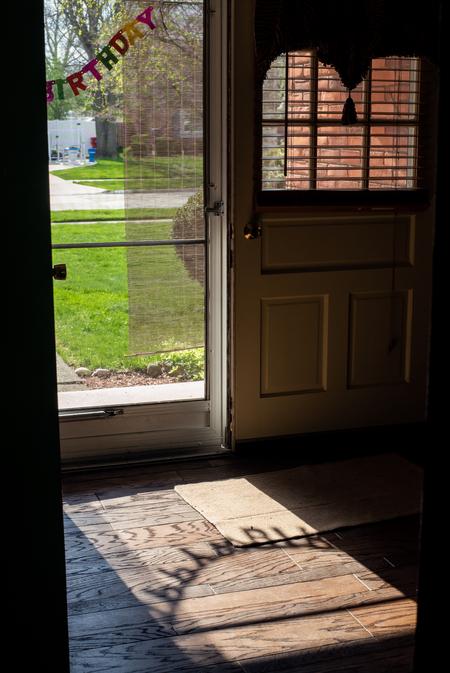
There’s so much talk of getting back to normal. It makes me wonder, what was normal for you?
I am beyond exhausted from all the coronavirus deaths in my beloved Detroit. For goodness sake, how many more times will I have to read about Black people being sent home to die? If I contract the deadly level of COVID, will the hospital staff nearest my home look at my skin and determine I deserve to live?
I felt this way when I had my baby. I was stressed about being the right mama for her — from breastfeeding on down. (I was so singularly focused on breastfeeding that when my own mother told me to buy an emergency supply of formula, “just in case,” I had to remember she was my mama because I wanted to ask her to leave my house.)
But before all of that, I was scared to die in childbirth. The data on Black maternal mortality told me I should at least think about it. But thankfully I’m still here.
Right now, we’re in the midst of a pandemic that has been shown from the beginning to wreak havoc in our lungs, and Black people are still being sent home to die after showing up to emergency rooms reporting trouble breathing!
In my better normal, in the aftermath of all this, would be fully realized universal healthcare, provided to me by human beings on medical staffs who consider my humanity, in all its Blackness, as valuable and worthy.
In my better normal, the people who clean our hospitals, cook our drive-thru french fries, staff our post offices, and teach our children would be compensated with higher wages, not just shout-outs via internet memes.
In my better normal, we humans would acknowledge how truly interconnected we all are. We would not need to be reminded that the choices we make for ourselves often do impact others.
Who will you be? How will you treat people in the world? In what ways will you partner to build a better normal for all of us?
In the most sobering terms, the question I’ve asked myself is, “What’s the elevator eulogy folks will share about me when I’m gone?”
Trusted, accurate, up-to-date
WDET is here to keep you informed on essential information, news and resources related to COVID-19.
This is a stressful, insecure time for many. So it’s more important than ever for you, our listeners and readers, who are able to donate to keep supporting WDET’s mission. Please make a gift today.
Join #WDETCOVIDDiaries
Everyone’s experience is different.
WDET is inviting you to share your own COVID Diaries.
It’s simple:
-
Take a picture or video that reflects your own interpretation of the weekly theme.
-
Post your photo, tagging @wdetdetroit and #WDETCOVIDDiaries
Chapter Four

Erik Paul Howard
“We have a crisis. How we respond will determine how we emerge.”
The problem that we have right now… the whole world has, so it’s a shared struggle. And with shared struggles, there are opportunities for us to approach it together. Only by acknowledging it and then by working together can we meet today’s challenges.
We’re being called to embrace the unfamiliar right now in order to make it through this together, and that’s reasonable. It’s not easy, but it’s reasonable. That’s different than being called to face the unknown. Continuing with business as usual is in fact where we’re being ushered into the unknown.
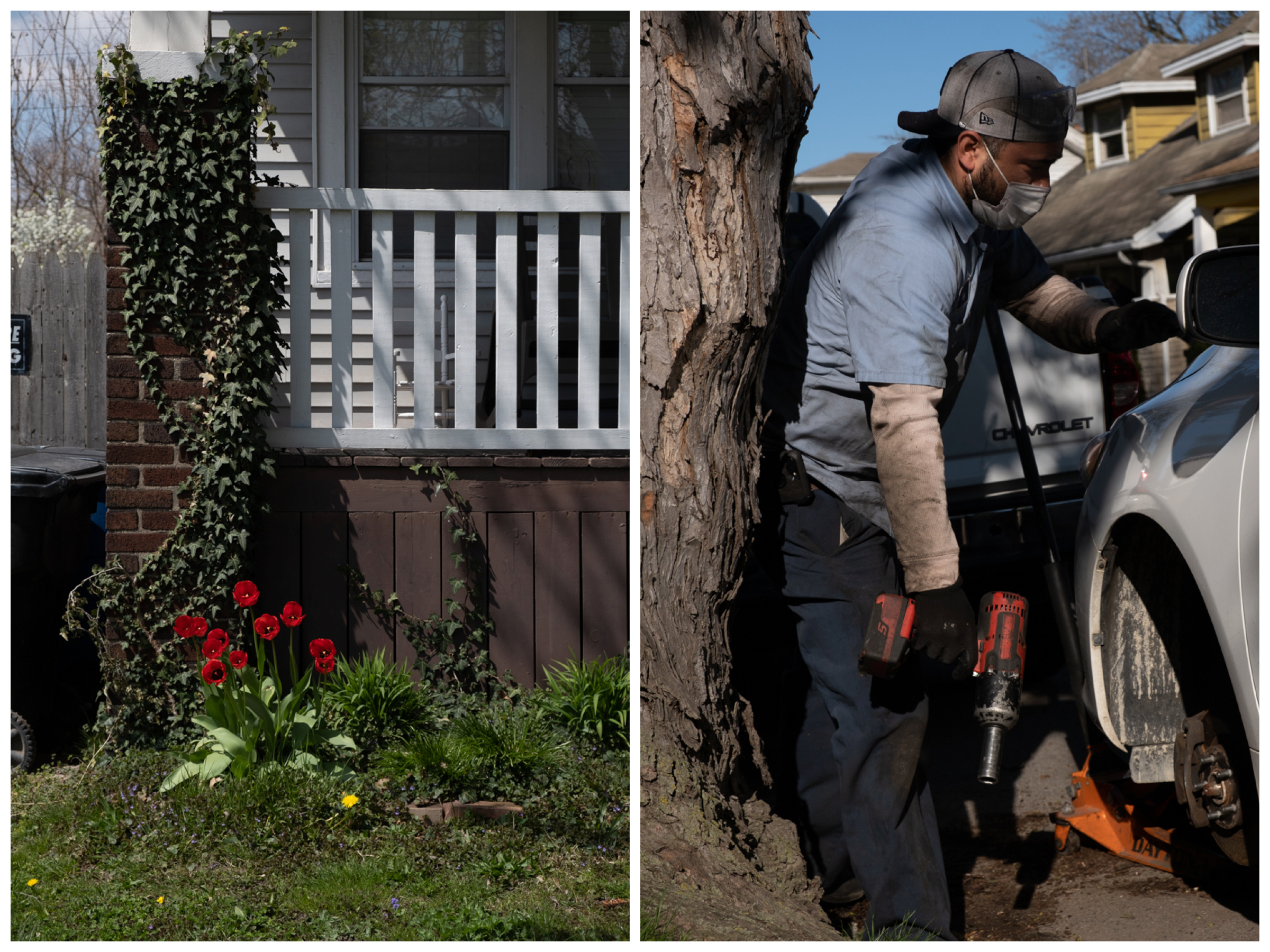
A quote that I read in an article goes some distance in describing how I’m feeling about this time. The article is “We Wish to Inform You That Your Death Is Highly Profitable” and it was written by Douglas Rushkoff. In it, he writes:
“Imagine if our main reason for returning to work was to make and do the things that people actually need to live good lives, instead of simply doing our part to keep the wealthy safely protected from the rest of us.”
That excerpt really stood out to me, but the whole piece really taps deeply into the kind of thing that I feel like we’re always beating our drum about, often in vain.
He goes on to say that the longer we pause from business as usual, the more time we’ll have to reevaluate the economy that we’ve been born into. Yes we need food, water, shelter and maybe a communications infrastructure, but not a heck of a lot else. And at times like this, we can see the value in farmers, teachers, in doctors. That can be disruptive to the system we currently exist in.
Simply put, we have a crisis. How we respond to these needs will determine how we emerge. And how willing we are to make necessary accommodations for those of us at the most risk, and whether or not we’ll prioritize health over economics, will determine how we do with this and, I think, in other future dilemmas of physical and social health in the United States.
— Erik
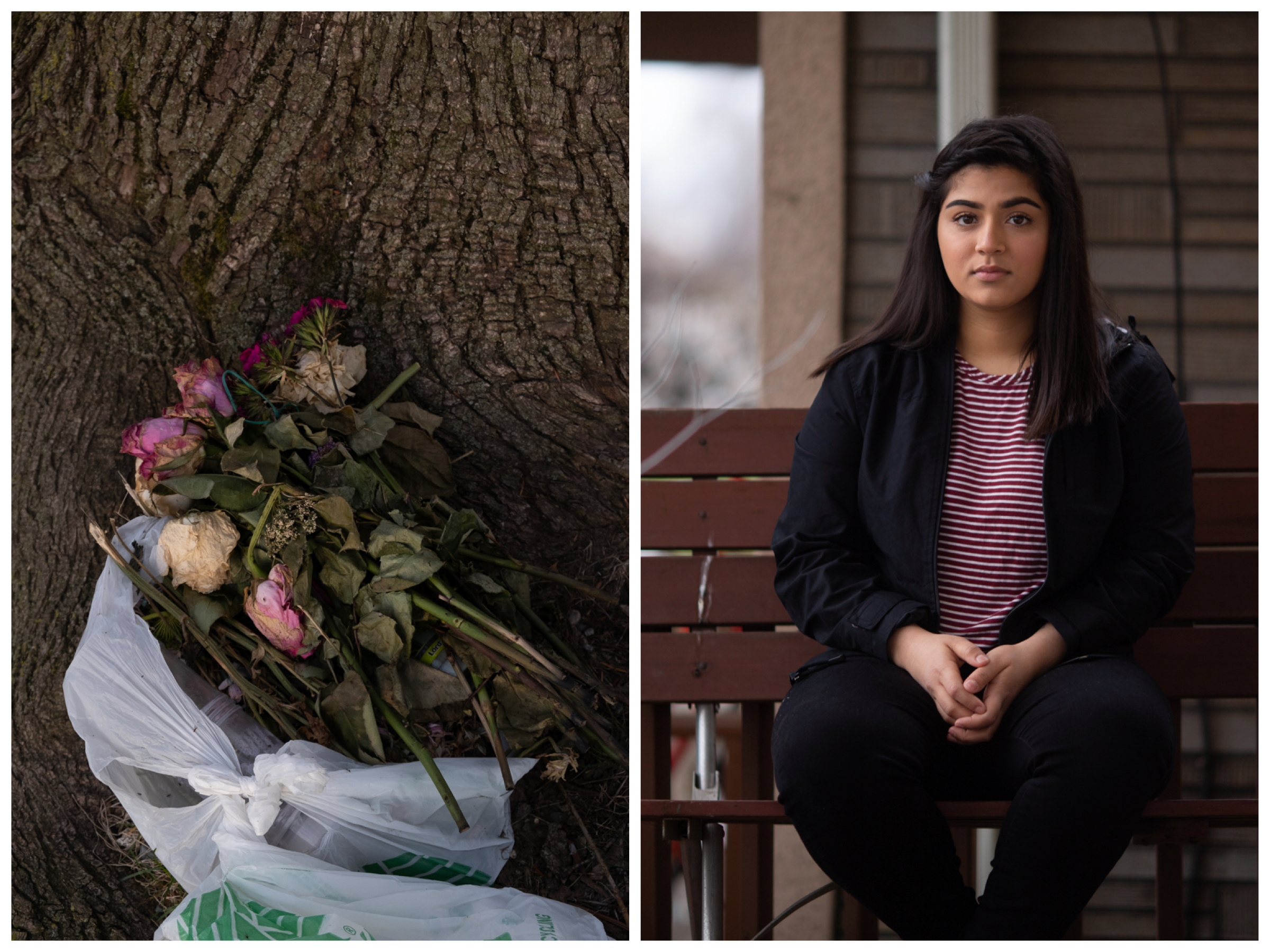
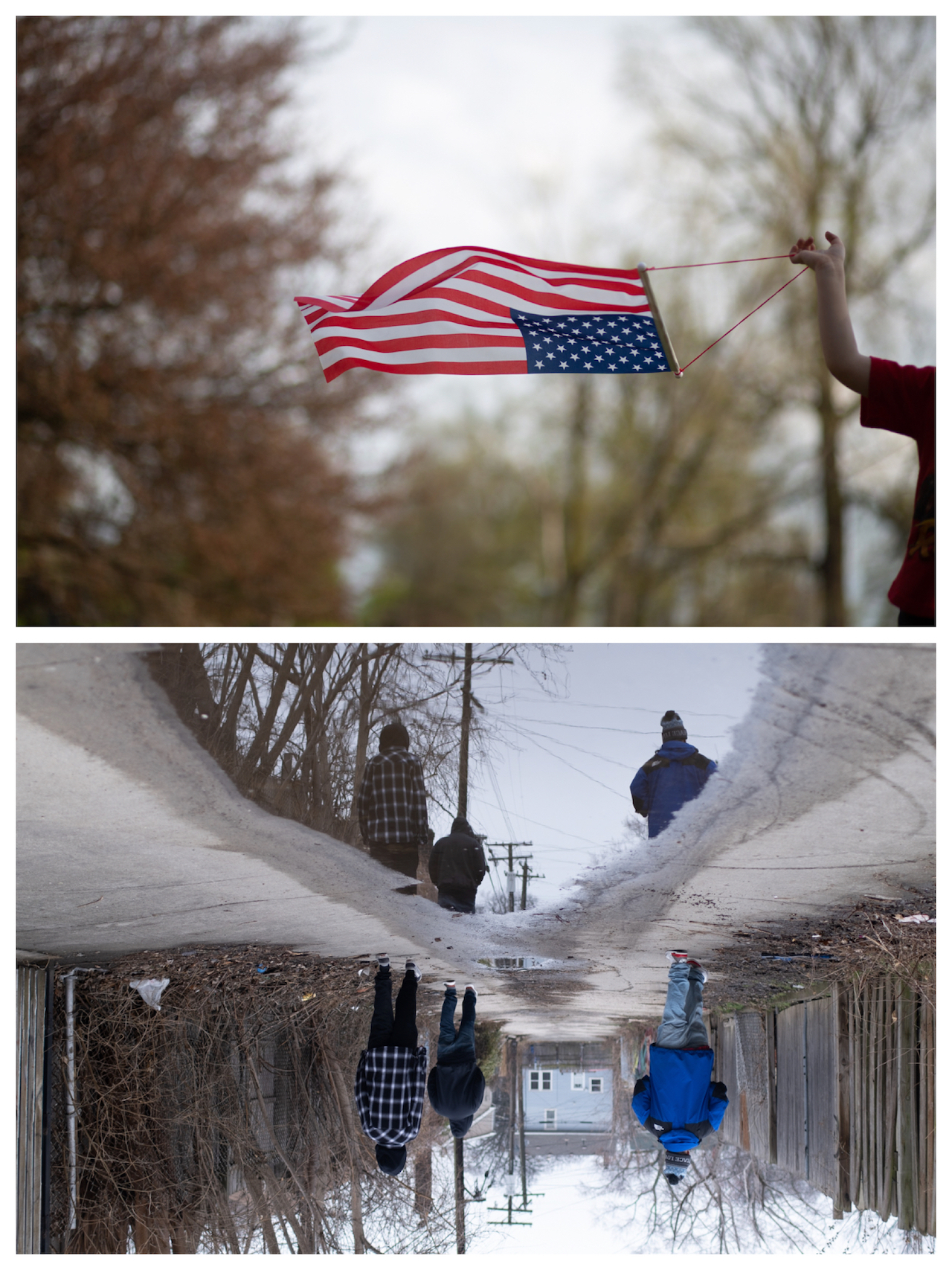
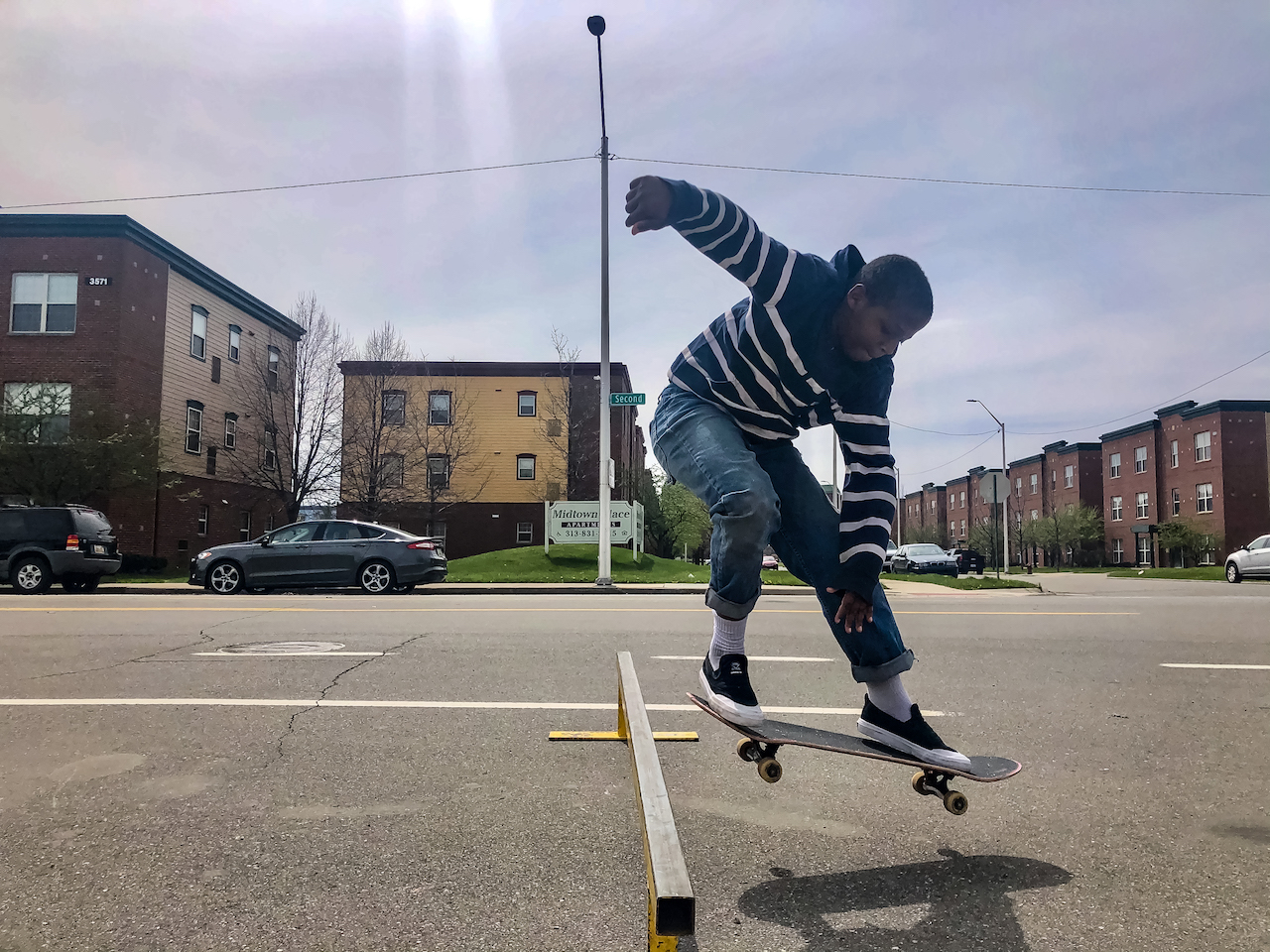
Amy Sacka
“If we look closely at our lives, perhaps colors can appear out of nowhere.”
I think that people have used this comparison when they’ve talked about COVID before, but it’s a little bit like after 9/11, where in some ways even though we’re all isolated, there’s a collective understanding about what’s hit us and there’s a bit of a bonding that’s gone on.
I was taking a walk in Midtown and I came across these boys that were skateboarding. I said “How are you guys doing? Are you staying safe?” And they said yes, and there was just kind of an openness in the conversation that I think is a result of this feeling. We’ve all been through something, and we can all connect on this.
And if there’s anything I hope for the new normal, it’s that maybe we can feel like we can come together more in community. Obviously, especially in the U.S., we’ve been so divided over so many things and come November, I hate to think about the divisions that are going to happen then, but it’s a real comfort walking down the street and knowing that I can look people in the eye and we have something shared between us.
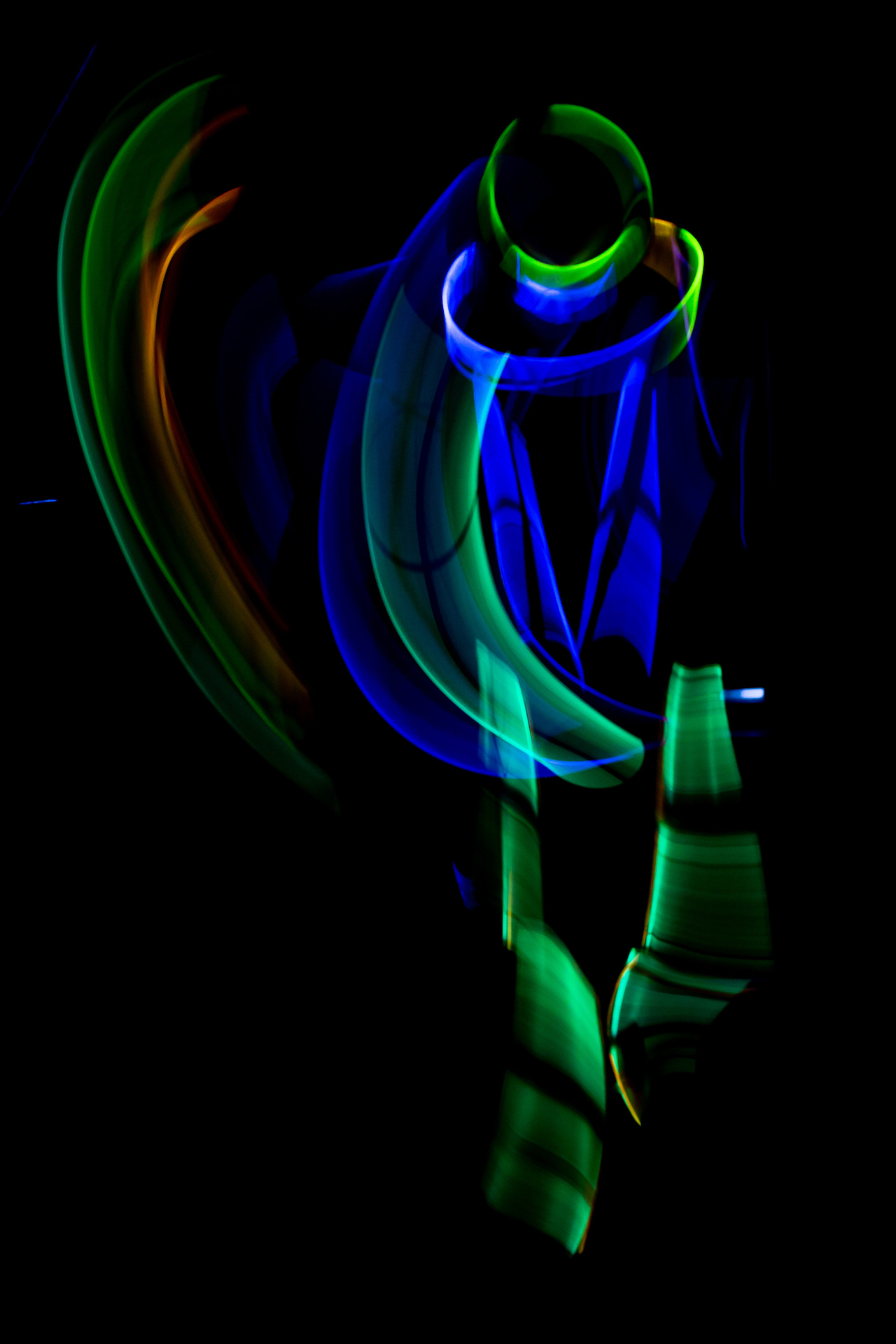
You’ll see in my photos that I took pictures of a dance party that we had, where my roommate affixed glow sticks to her body and danced around the house and walked around the neighborhood. We really had a lot of fun. I think for us, the better normal is realizing that we can always make creative use of our time.
One of the things I noticed in some of the photos is that it’s sometimes a little bit difficult to see that it’s a person. And I love that photography can do that; it can create this motion and this artwork type of feel to where the person disappears and the colors appear.
Maybe that’s a metaphor for this time period.
Although we might be struggling, if we look closely at our lives, colors can appear out of nowhere. In looking forward, I am going to take that lesson with me that I should never complain about having time on my hands.
There was a quote about boredom. If you say that you’re bored, it’s because you’re boring and I think this little project I had with my roommate was a testament to we are not boring people, we are trying to take this time to bring out the color in our lives.
— Amy
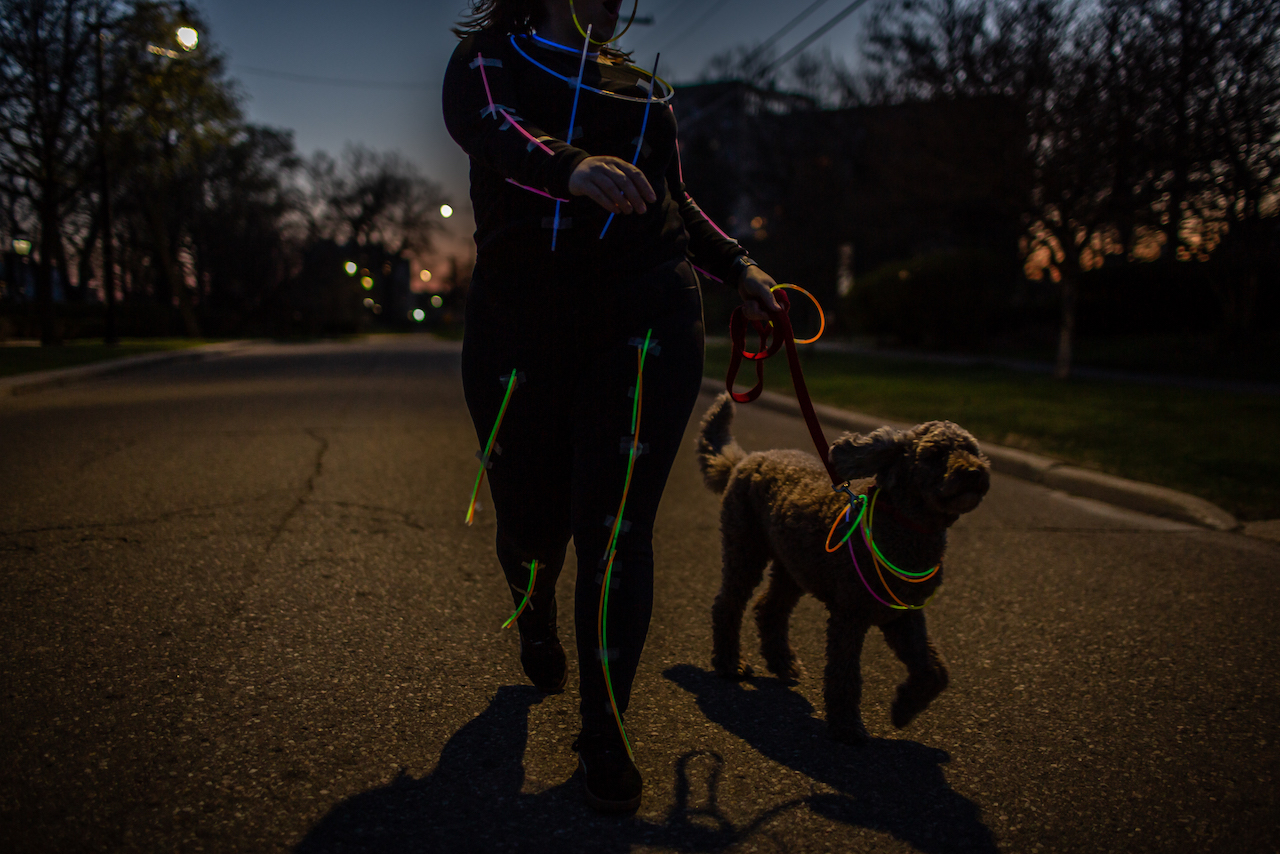
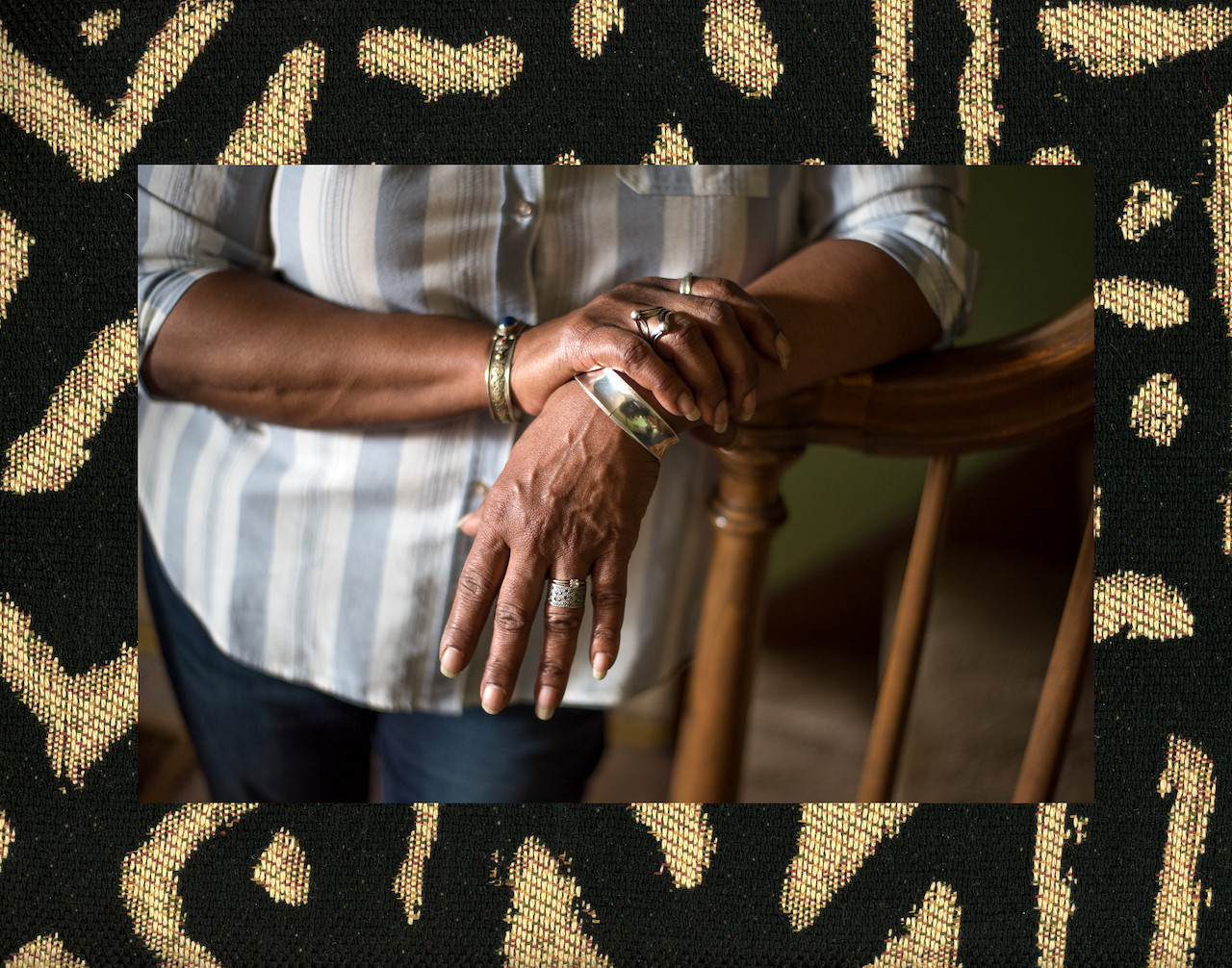
Rachel Elise Thomas
“My end goal is to be prepared when we go back to so-called normal life.”
Beginning this week, I’ve noticed that I’ve been really tired; more tired, or lethargic, than usual.
I didn’t think it would be possible to experience burn-out during a pandemic, but here we are. Even though I’m staying at home and practicing social distancing, I’m still responsible for creating and doing things, and it’s not only things that I’m supposed to do or paid to do, it’s things that I really want to do.
And, you know, because of the situation, it has inspired me to create work related to COVID. And every artist responds differently to things, whether you make work directly about it, or you do something completely different. But, I noticed that I have my hands in like four or five different things… it can get overwhelming.
My end goal is to just be prepared, you know, when we go back to so-called normal life. I don’t want to have nothing to show for during this time. So, I’ll just try to do as much as I can.
— Rachel
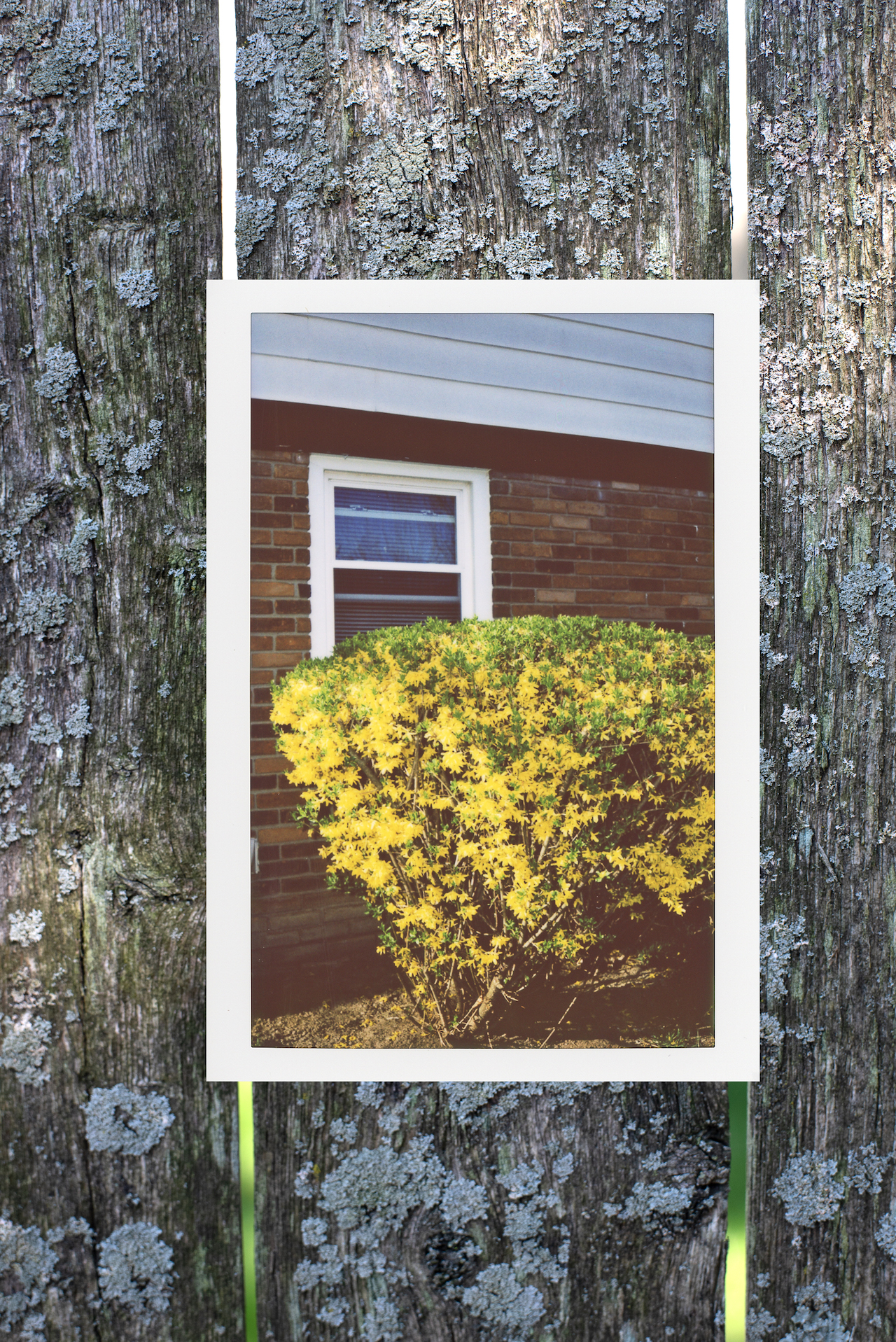
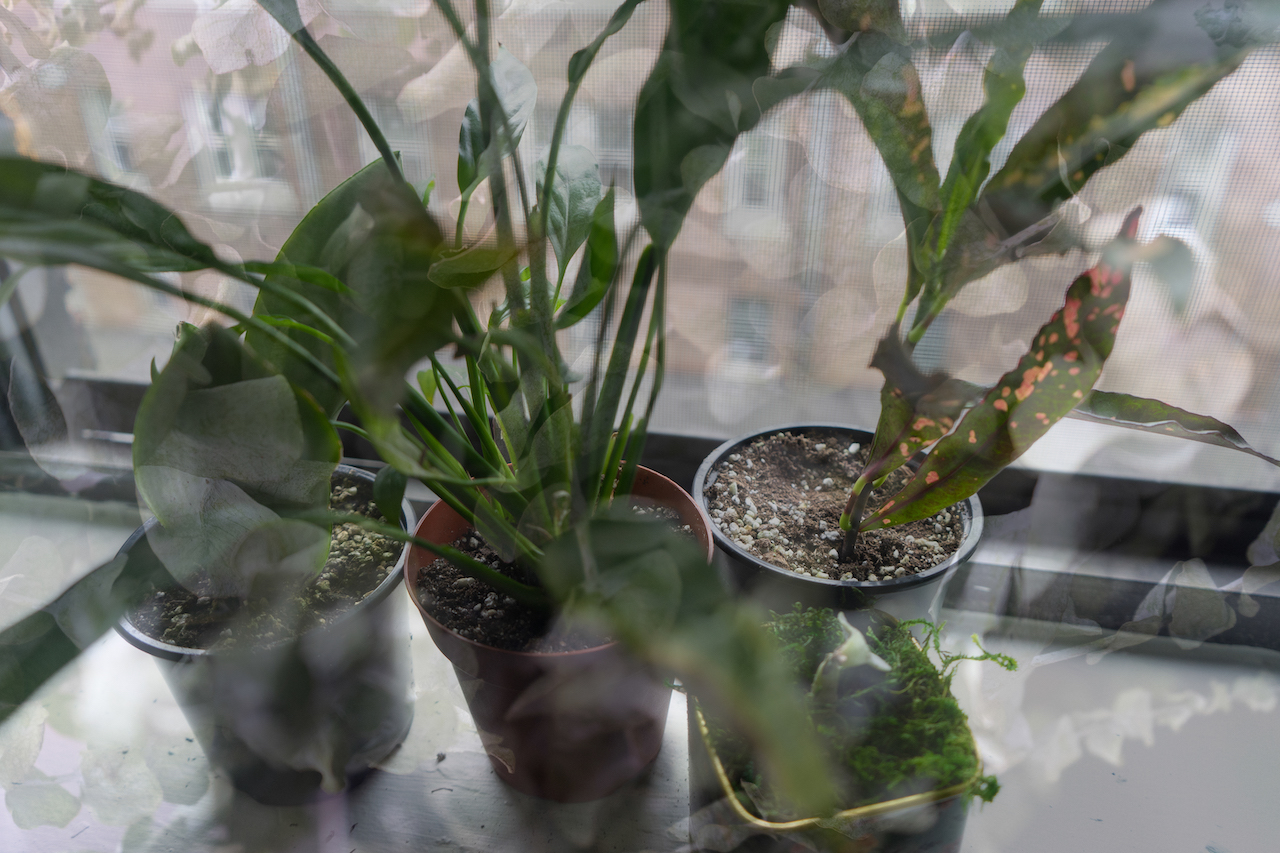
Darryl DeAngelo Terrell
“When I buy my house, because I plan on buying a house in the next few years, I can build a garden and actually grow produce.”
Something about Ms. COVID got me feeling like I want to just be prepared to be self-sustaining.
I want to get a green thumb so I can learn how to grow stuff. I’m starting with house plants, and once I get a good grasp of house plants, then I will start doing herbs.
And then when I buy my house, because I plan on buying a house in the next few years, I can build a garden and actually grow produce. I’m thinking some tomatoes, some peppers, some herbs, basil and stuff like that.
— Darryl
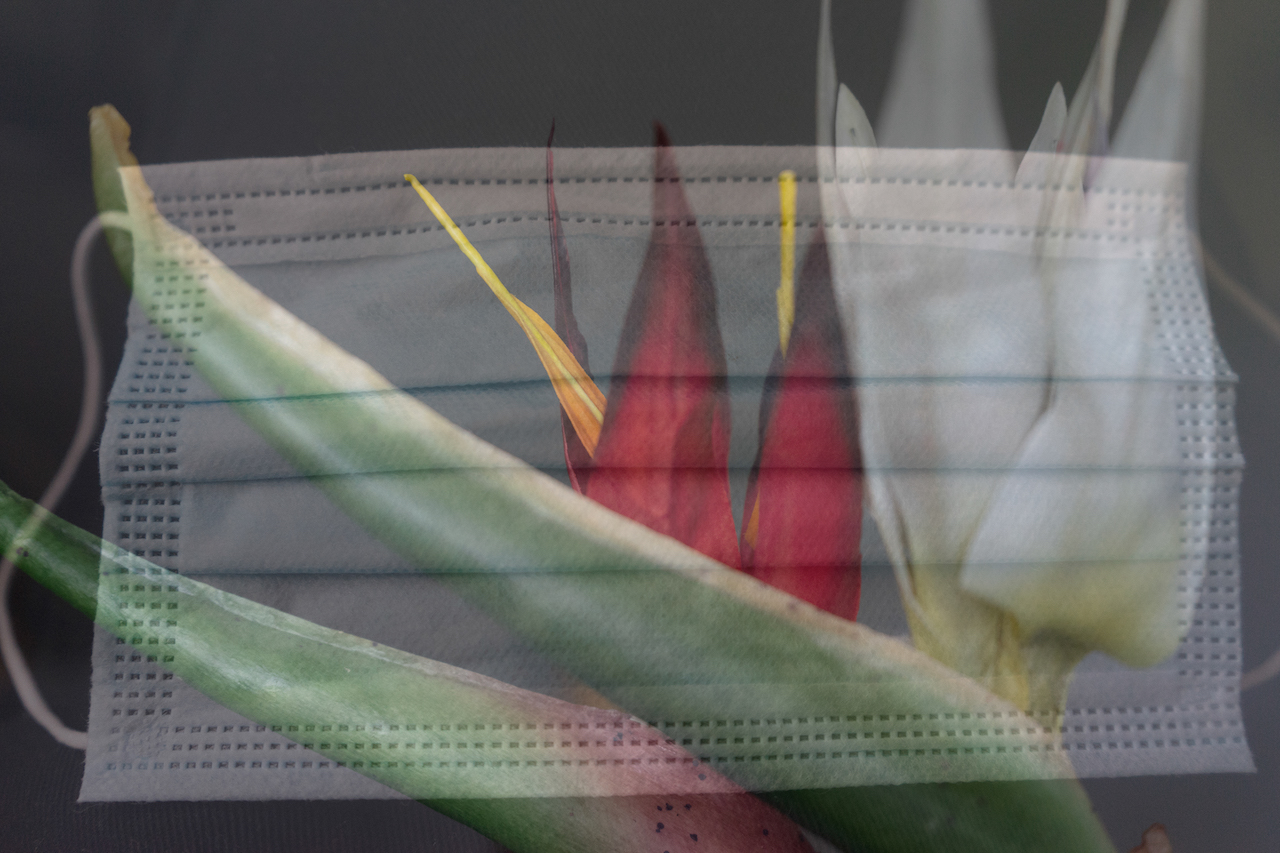
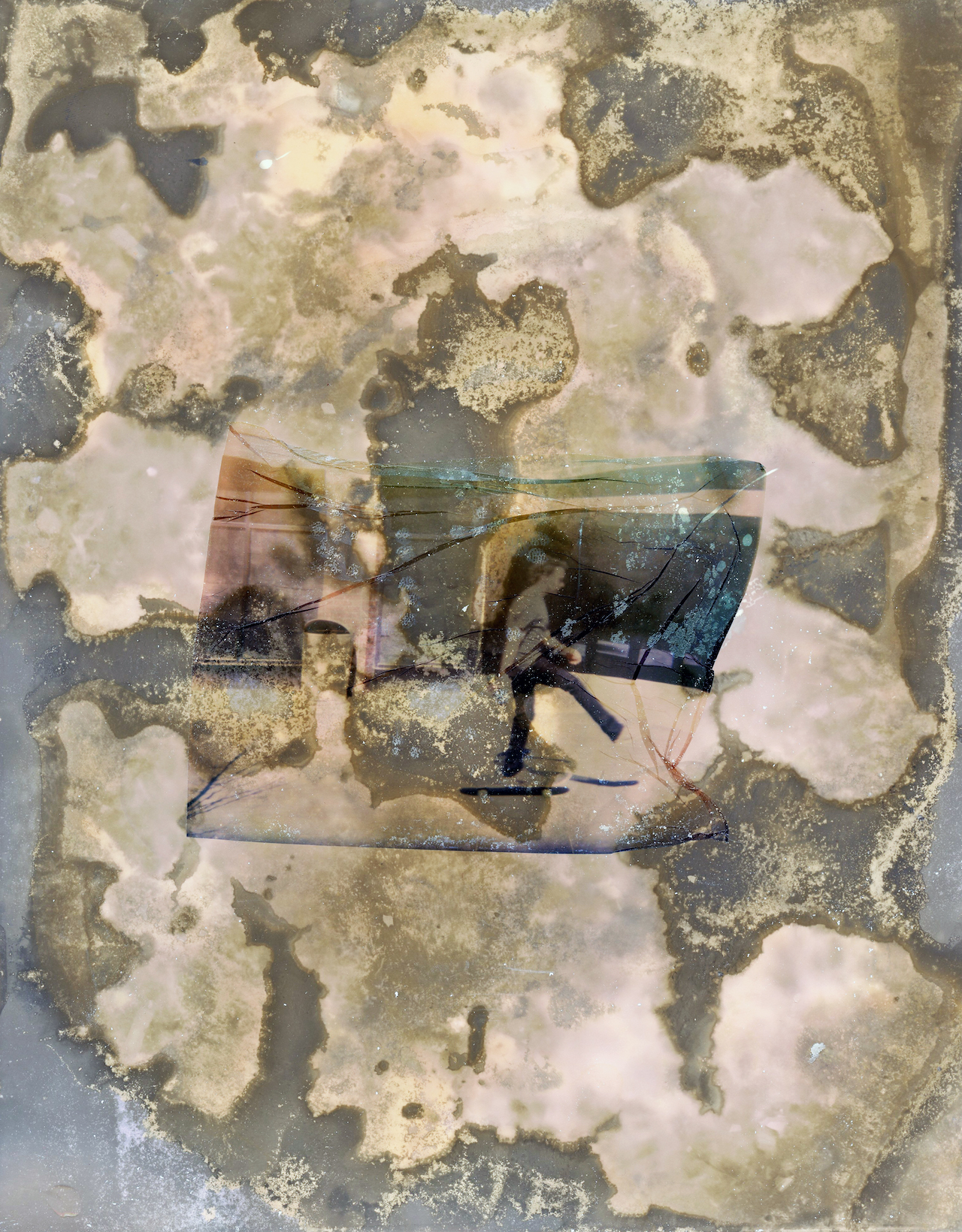
Rosa María Zamarrón
“Part of the new thing that we should be really conscious of is checking in on everybody. It was so easy to lose sight of that, before the pandemic.”
What’s the new normal gonna look like? Obviously the way things were running before wasn’t really working. But in terms of myself, the new normal definitely looks to be a little slower. I was just so tired because I was just trying to juggle so much, because I have it in my head that I have to be somewhere, at a certain place in my life, and having this time to slow down and to rethink everything has been really beneficial because you shouldn’t run yourself to the ground.
One of the fun things that happened this past week was my friend Brandon coming by and dropping off a belated birthday gift. My birthday was in the middle of April, and he was able to come down and drop off something. And I just am super grateful for that, because it really lifts your spirits to see somebody that you care about. As things keep moving forward, it’s really important to not lose sight of those connections that we have and to really try to pay it forward and be there… because you don’t know how much people are struggling.
So I think, you know, part of the new thing that we should be really conscious of is checking in on everybody. Because I think it was so easy to lose sight of that, before the pandemic.
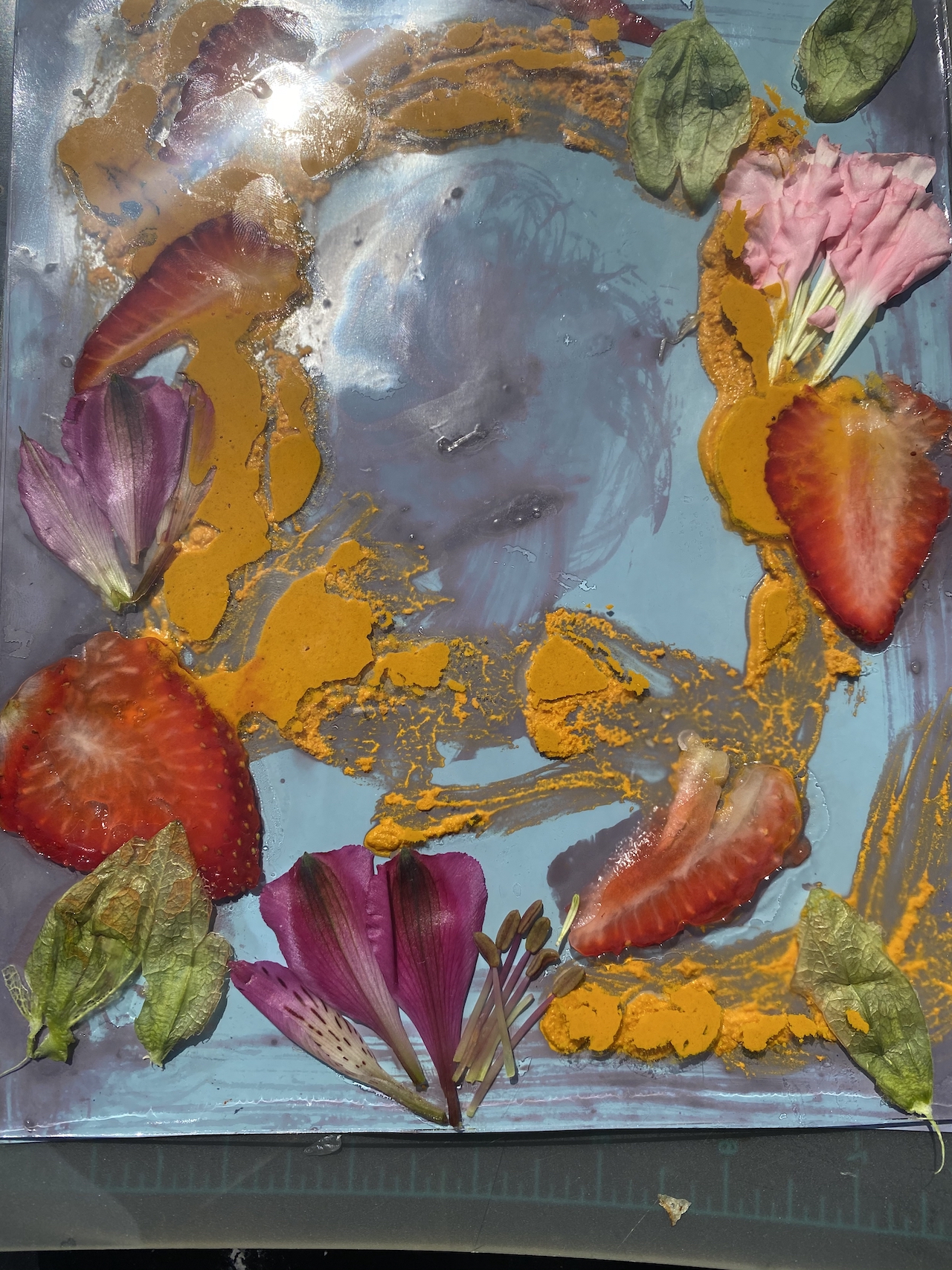
Mr. Erik Paul Howard wanted me to touch upon how I made the images that I did this week.
The way that I did it was by creating “lumen prints,” which are made with the sun. Get some black and white paper, or if you have some colored paper laying around you can use that, and you lay things on top of it… whatever you want. I have chili powders and all of these spices and so I created these pastes, and I think with acidity it kind of works better, so I also used lime juice.
And put that on top of the paper, smear it on there. Some of the images I laid on top; hibiscus flower, or strawberries, or a lime, whatever I found in the kitchen. I also put flowers that we had outside. I bought a bouquet and used the leaves in different shapes. I went outside and found grass, put that on top of there, too, and created these images.
And then those take a few hours. It has to be sunny. And then you have to wash them, put them in the fixer solution, then you let them dry. I let them dry for a while. And then the next day I created more.
It took a while, because not every day was sunny, so it didn’t work as well. I also tried using a UV light. And then I photographed downtown with the Spectra camera that I have, they stopped making that film, so that was kind of the last hurrah for that camera. So with those images I created polaroid transfers and laid it on top of it and then I scanned them after they dried.
— Rosa María
